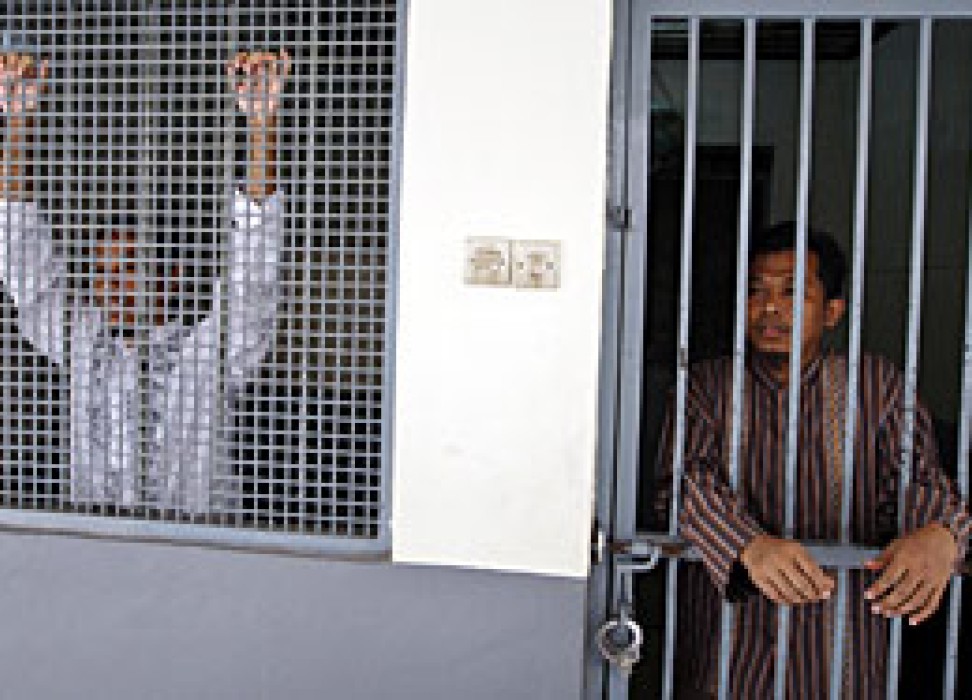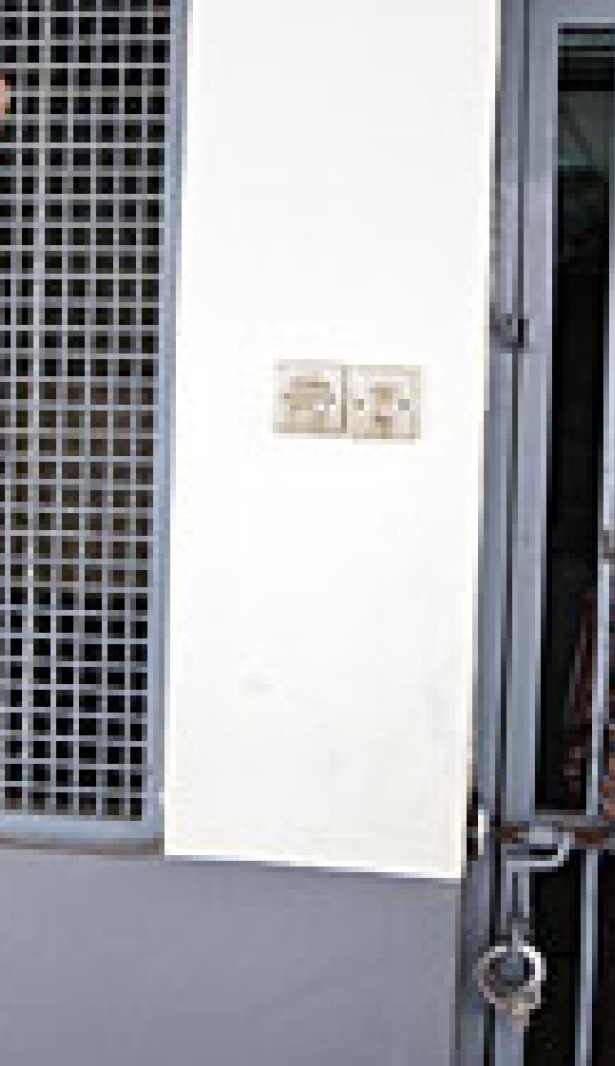Ensuring the right to fair trial for terrorist suspects
12 March 2012

“Effective counter- terrorism measures and the protection of human rights are not conflicting goals, but complementary and reinforcing,” said Fateh Azzam, Regional Representative of the UN Human Rights office in the Middle East.
States have an obligation to ensure that human rights are respected when terrorist suspects are arrested, charged, detained and prosecuted, said Azzam at a recent symposium on “Fair trial and due process in the counter-terrorism context in the Middle East and Northern Africa region,” held in Istanbul, Turkey. Guaranteeing due process rights, including for persons suspected of terrorist activity, is critical for ensuring that anti-terrorism measures are effective, respect the rule of law and demonstrate fairness.
According to the UN, the measures adopted by some States in their fight against terrorism infringe basic standards of fair trial and due process, and have a disproportionate and excessive negative impact on human rights.
For example, some States have provided extremely long permissible periods of pre-charge detention and unduly limited the possibilities for judicial review of the legality of detention. A number of countries have made use of military courts to try civilians, or created special courts or specialized chambers within ordinary courts to deal with terrorism-related cases, sometimes in a manner that is inconsistent with human rights standards.
In addition, the increased reliance on intelligence for countering terrorism and the advent of “intelligence-led law enforcement” has led, in a number of States, to overbroad expansion of intelligence authority, often without adequate consideration for due process safeguards necessary to protect against abuses. Policies and practices such as the broad application of national security or ‘state secrets’ doctrines to prevent disclosure of information in the context of criminal trials and civil procedures, the use of secret information as evidence, and the use of anonymous witnesses that cannot be challenged often has resulted in denial of the right to a fair trial for individuals accused of terrorist activity, as well as a lack of justice for the victims of terrorist attacks.
Some States have also used evidence, such as confession obtained through physical or undue psychological pressure, including torture or ill-treatment, others have returned persons suspected of engaging in terrorist activities to countries where they face a real risk of torture or other serious human rights abuse. In other places, practices, such as the use of secret and incommunicado detention, as well as prolonged solitary confinement and similar measures aimed at inflicting physical and mental harm, can amount to torture, cruel, inhuman or degrading treatment.
The use of torture and other cruel, inhuman or degrading treatment to elicit information from terrorist suspects is absolutely prohibited by article 15 of the Convention against Torture, as is the use in legal proceedings of evidence obtained by torture, whether at home or abroad.
Recently, the European Court of Human Rights blocked the deportation to Jordan of a terrorist suspect, Abu Qatada, because of risks that evidence obtained by torture will be used against him.
“The objectives of the symposium were to assess and analyse, in the light of the experience in the Middle East and North Africa region, the obstacles and challenges to implementing the requirements for fair trial as set out in international human rights law and standards,” said Azzam.
The workshop examined human rights issues related to the investigation phase, the pre-trial phase, and the absolute prohibition of torture, or cruel, inhuman or degrading treatment or punishment as they impact on the right to a fair trial. The use of exceptional courts was also examined as these often lack independence and impartiality of the judiciary, and do not provide for sufficient guarantees for the accused.
The meeting, which focused on the Middle East and North Africa region, is the second of a series of regional experts symposiums on issues related to the protection of human rights in the context of countering terrorism. The outcome of discussions ultimately will contribute to the development of a set of universally-applicable guidelines based on international law and good practices at the national, regional and international level.
Held at the beginning of February 2012, the symposium was organized by the UN Counter-Terrorism Implementation Task Force (CTITF) Working Group on Protecting Human Rights while Countering Terrorism, which is led by the UN Human Rights office. The CTITF is a body established by the UN General Assembly in 2005 to strengthen coordination and coherence of the organisation’s counter-terrorism efforts.
9 March 2012

VIEW THIS PAGE IN:
